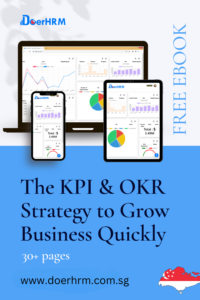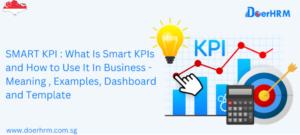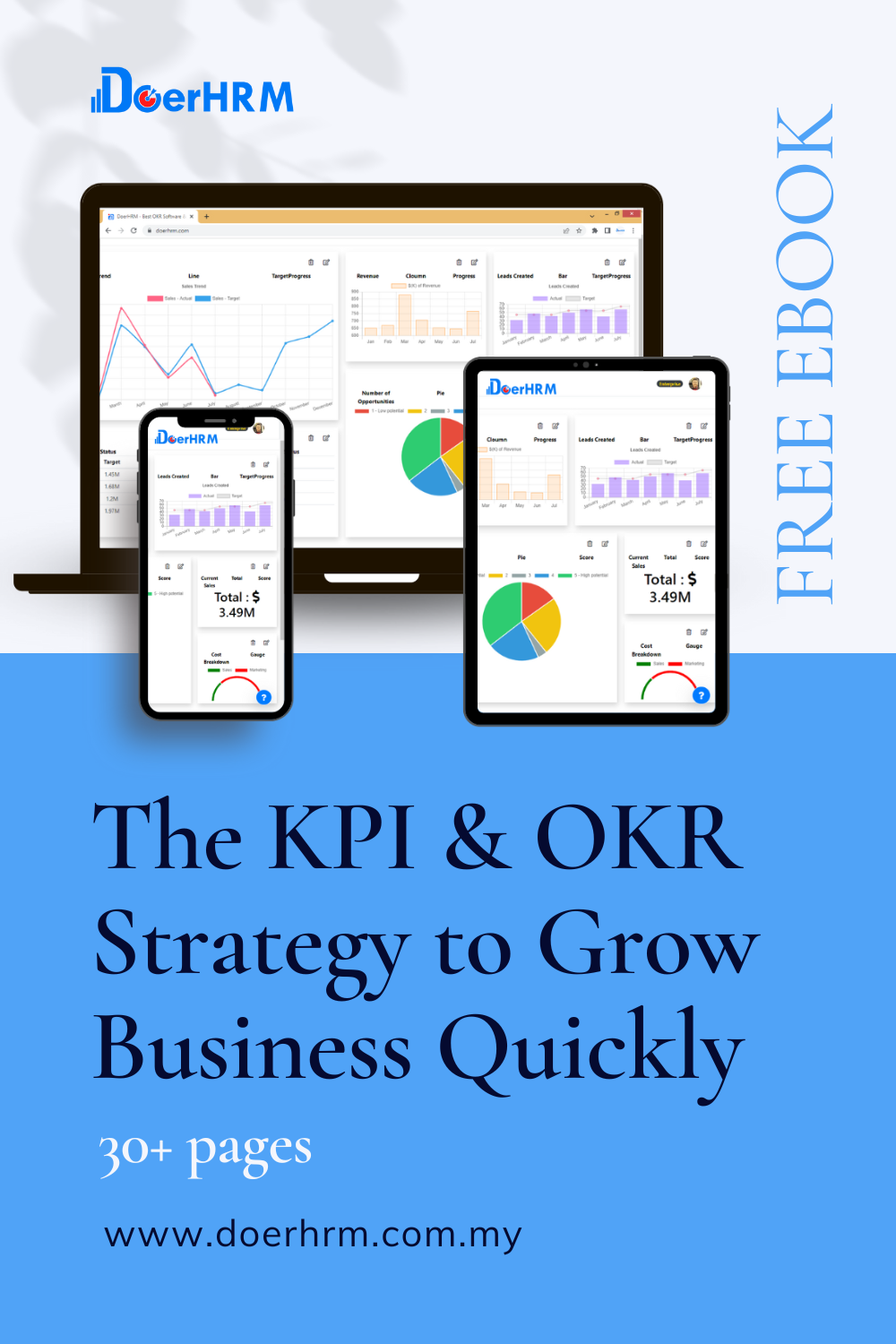Monitoring key performance indicators (KPIs) or metrics throughout the project is crucial. Without them, it’s difficult to gauge progress toward objectives. However, determining the most relevant metrics for a project can be challenging. Providing an excess of information at once won’t contribute to project success, but delivering the right information at the right time will.
While we cannot furnish an exhaustive list of the most critical metrics in project management, we can highlight some key performance indicators (KPIs) to initiate your understanding. Here are several Project Management KPIs to commence your tracking.
Why are KPI Dashboards so Important to a Project Management Team?
In the past, projects were deemed successful if they were completed on schedule and within their allotted budget. There is no longer any truth to it. Time and money are still regarded as vital, but they are not the sole indicators of worth. You can also be curious about whether or not the time, money, and effort you put into the project were sufficient, effective, or even ideal.
Key performance indicators (KPIs) used by modern project managers may be broken down into four broad classes:
Timeliness
This means making sure your project is finished on time. If it’s not, it’s important to keep track of where it’s off track so you always have an idea of when it will be done.
Examples of Timeliness KPI
- Cycle Time: Time required to accomplish a job or activity, often known as “cycle time.” It’s useful for projects with recurring steps.
- Number of Changes to the Schedule: The number of times your team has made changes to the schedule for the whole project.
- On-Time Completion Percentage: The percentage of tasks and projects that are accomplished by their deadlines.
Budget
To what extent will you be able to complete the project without going over your allotted budget?
Examples of Budget KPI
- Budget Variance: The difference between the actual budget and the budget that was planned. To track this KPI, measure how close the baseline amount of expenses or income is to the expected value.
- Budget Creation Cycle Time: The amount of time it takes to make a budget for an organisation. This includes the time it took to do research, make plans, and come to a decision.
- Cost Performance Index: It compares how much you planned to spend on the work you’ve done so far with how much you actually spent. The ratio of earned value to actual costs is a way to figure out how well a project uses its money.
Quality
How far along is this project? How happy are the people who will use it or work on it?
Examples of Quality KPIs
- Customer Satisfaction: Whether or not a customer is happy and would return. A survey is a good way to figure this out. This is more important when the project involves a client or customer directly.
- NPS (Net Promoter Score): NPS is a user satisfaction KPI that is measured by a one-question survey meant to measure brand loyalty. It is similar to customer satisfaction and loyalty.
- Employee Churn Rate: The number or percentage of team members who have left the company. If you have a lot of people leave your project teams, it could be a sign that you need to improve how you run your business and how people work together.
Effectiveness
Ask yourself whether you are making the most of your time and resources, or if the project may be better managed.
Examples of Effectiveness KPIs
- Average Cost Per Hour: This is a way to figure out how much work is needed to finish a project. It takes into account things like salaries, benefits, office space, equipment, and more. By keeping track of this average and comparing it to how the project turned out, you can tell if your employees’ time was well spent.
- Number of Returns: If you have a capital project with many parts, you can keep track of the rate at which those parts are returned. This lets you know if you did a good job planning or making changes to the project as it was being carried out.
- Number of Cancelled Projects: Keeping track of how many projects have been put on hold or cancelled. If you have to cancel a lot of projects, it could mean you don’t plan well, don’t have clear goals, or can’t take on new projects.
It is important to keep in mind that not every project will call for measurements in each of these areas. The strategic management board and project management office should talk about what elements will determine a project’s success and, by extension, what metrics will matter most, before getting to work.
4 Steps to Create and Use Project KPIs Dashboard Effectively
STEP 1
Simplify and concentrate on your key performance indicators. KPI templates for project management may be useful, but the most essential thing is to ensure that your KPIs are S.M.A.R.T., which stands for specified, measurable, achievable, relevant, and time-bound.
STEP 2
Make deliberate decisions on the steps you take. An excessive number of businesses measure things for no other reason than that they always have, which results in an oversupply of problematic key performance indicators (KPIs).
We advocate keeping track of only a few key metrics—the ones that are the most relevant to the goals you are attempting to accomplish. If you are unable to articulate the significance of a specific KPI, then you should consider eliminating it from your measurement strategy. Keep in mind that the more key performance indicators (KPIs) your company has, the more work it will require to report on those KPIs.
STEP 3
There should always be a target. There’s a common misconception that companies that are just getting started with KPIs don’t have enough historical data to set an appropriate objective for themselves.
However, operating without a goal introduces a degree of subjectivity into the measuring process; how can you tell whether you are succeeding or failing without one? We advise going with key performance indicators (KPIs) for which you may build an informed prediction about a goal by consulting research on the relevant sector or looking at relevant historical data.
STEP 4
Recognize when it’s time to give up on a KPI. If you don’t use a key performance indicator (KPI) while you’re making choices for your business or holding a meeting to discuss its strategy, it might be an indication that tracking it isn’t worth the effort. It’s possible that you’re devoting an excessive amount of time to tracking something that isn’t contributing anything of value.
Conclusion
Irrespective of the project management methodology employed, every project consists of numerous components. Therefore, it is crucial to regularly assess the project’s advancement in terms of timeliness, budget, quality, and overall effectiveness. Given the finite nature of resources, it is imperative to ensure the successful completion of tasks while adhering to a predetermined budget.






